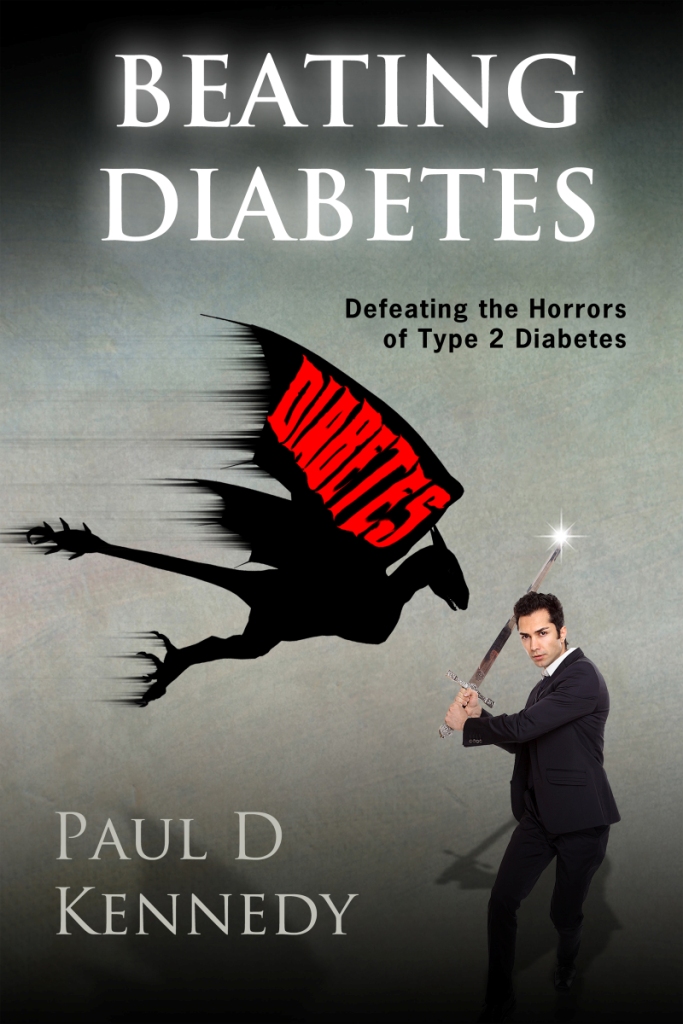It has been scientifically proven that the best way to ensure longevity is to restrict the amount of food you eat. However calorie restriction does have its drawbacks, not least the fact that it makes for a rather boring life-style.
In countless experiments, every type of animal that has ever been subjected to a calorie restricted diet has lived longer as a result.
Fruit flies, mice, rats, rabbits, Guinea pigs and dogs all live about one-third longer if they are fed less. For humans, this translates to about 25% longer lives. So, for example, instead of dying at 80 you can expect to live to 100 if you reduce your food intake.
In addition to living longer, all the animals tested have had a lot more zip and get-up-and-go, ie they look and behave younger.
The message is simple: If you want to live longer … eat less.
But why is this so?
Slowing down cell division
Researchers in the University of Washington in Seattle have shown that this is because restricting calorie intake slows the rate at which cells divide.
The age of a cell is measured in terms of the number of divisions it has undergone and not in elapsed time. If you slow cell division, you slow aging because fewer cells divisions mean less shortening of telomeres as discussed in a previous article How to Beat Aging (1).
Telomeres are the repetitive strings of DNA found at the ends of chromosome pairs within cells that protect the chromosomes. Each time a cell divides its telomeres are shortened. The maximum number of divisions a cell can undergo varies from 50 to 60 depending on the type of cell involved.
Eating less slows cell division, ie the time between divisions lengthens, and so you live longer.
But is it worth the effort?
Restricting calorie intake is tough
To live longer by restricting your intake of calories you need to permanently reduce your intake to about two-thirds of the calories it takes to maintain your current weight.
The weight loss you experience at first will taper off as your metabolism adjusts.
This anti-aging strategy is simple but it is not at all easy to execute.
For a start, it’s very tough. In addition, your metabolic rate will drop, you will grow smaller and your sex hormones will plummet which will suppress your sex drive. You may even begin to lose sexual characteristics such as body hair and breast development.
All the scientific studies done so far on calorie restricted diets have involved only animals whose lives are relatively short in human terms. There have been no controlled studies on the long-term effects on humans of such diets as this would require monitoring subjects throughout their entire life.
However there is a group of people called cronies (which stands for calorie restriction with optimal nutrition) who are using themselves to test the effects of long-term restricted calorie diets.
They monitor their vital signs looking for drops in glucose levels, blood pressure, cholesterol and temperature to ensure that their diets are working. Monkeys and rats on calorie-restricted diets experience the same drops in these measures.
Obviously the cronies’ extreme diet will extend their lives but at a cost of most of the things that are enjoyable and make living worthwhile.
Surely there is a better way of living longer?
Short-term restrictions on calorie-intake
Short-term calorie restriction means fasting for one or two days a month on a regular basis.
In September 2001, a study published in Proceedings of the National Academy of Sciences in the USA revealed that short-term calorie restriction does indeed lengthen life, for mice at least.
The scientists discovered that short-term restrictions of food intake showed up very rapidly in 11,000 mouse genes. The youthful effects were even seen in older mice that had never before had their calories restricted.
Regular short-term fasting has further anti-aging benefits according to scientists … it triggers increased production of human growth hormone (HGH), one of the most important anti-aging hormones that, unfortunately, declines dramatically after 30 years of age. HGH will be discussed in a future article.
Avoiding over-eating
As scientists discover more and more about how the cellular mechanisms for caloric intake affect aging, they are coming to the conclusion that over-eating accelerates aging.
There are several things you can do to avoid over-eating:
- avoid high calorie foods
- avoid eating late at night
- stop eating early (leave food on the plate)
- don’t eat while distracted (eg, watching TV)
- undertake short-term fasting for a day or so every month.
Under-eating is anti-aging
Over-eating is age-accelerating
